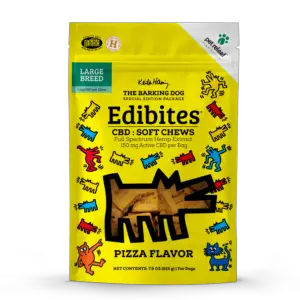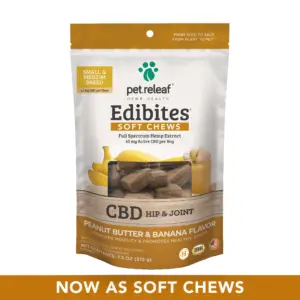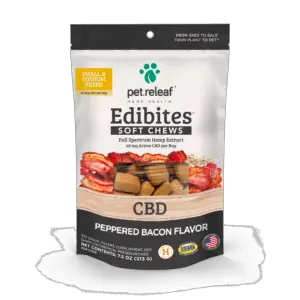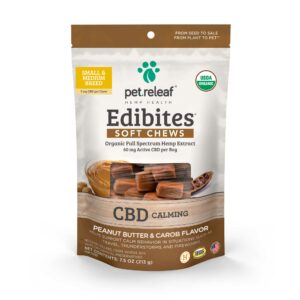
Key points
- Just as protein serves an important function in the human diet, it’s a vital component of dog food that supports your pet’s natural growth and repair processes.
- Amino acids are building blocks that mammals use to generate protein.
- While your dog can produce some amino acids independently, essential amino acids must come from dietary sources.
- It’s essential to select a dog food with a complete amino acid profile.
Protein is a fundamental component of a dog’s diet. While many pet owners believe that meat is the only suitable food for dogs, this is not the case. Dogs can receive all the necessary nutrients from meat-free alternatives, such as insects or plant-based products. In this article, we will explain why protein is a dietary must-have for your dog and share how Gopetcan insect-based pet food can help.
Table of Contents
Focus on proteins in a dog food
It’s not a secret to anyone that dogs have to maintain a protein-rich diet to keep their hair, skin, and muscles healthy. Proteins are crucial for building new tissue, supporting the immune system, producing hormones, antibodies, and enzymes.

The AAFCO Dog Food Nutrient Profile for Growth and Reproduction recommends that protein should make up at least 22.5% of dry mass in any dog food. But the key is that the agency does not state that this protein needs to come from meat. According to the National Research Council, pets don’t need meat or other specific feedstuffs; they need protein and other nutrients. This means that you don’t actually need to feed your dog meat. Meatless diets can be just as healthy for pets if they contain all the right nutrients, including 10 essential amino acids. In fact, more and more pet owners are opting for vegan, vegetarian, and insect-based pet food as a healthy alternative to kibble made from meat.
How do dogs use protein?
Proteins consist of individual building blocks called amino acids. Mammals generally use 20 most common amino acids, but many more of these molecules are found in small amounts in their bodies. Each protein consists of a link of amino acids folded in a specific way to facilitate and define the protein’s interaction with the body.
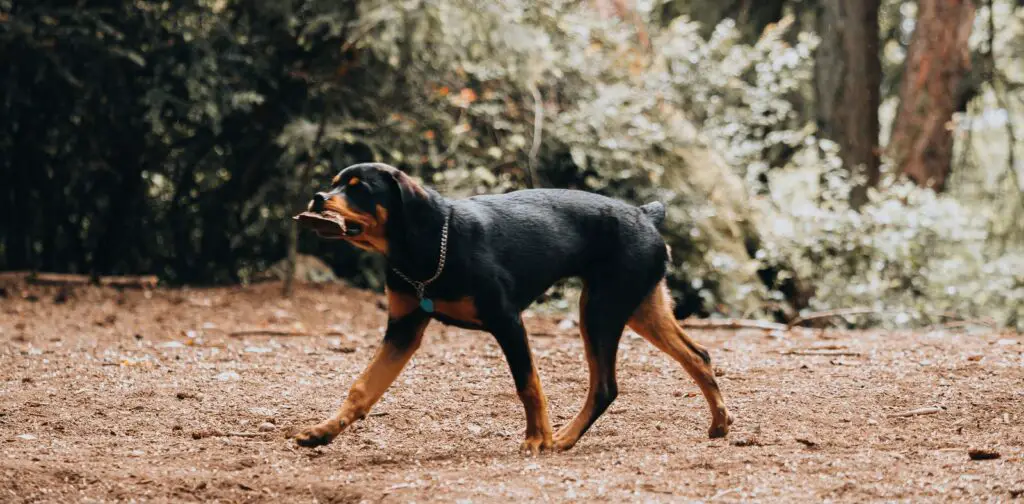
Dogs and other animals do not use proteins they inject directly. Instead, they break down the proteins they consume into their amino acid building blocks. Once those amino acids are separated, the body can use them to make new proteins, build muscle mass, and perform other functions.
Ten essential amino acids for your dog
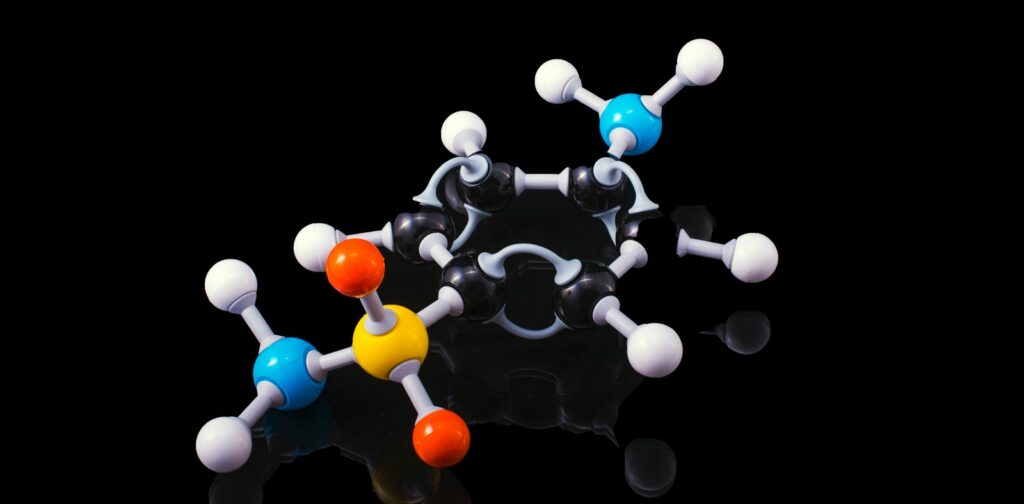
Surprisingly, half of the standard amino acids (10 out of 20, to be precise) are not so critical, as dogs can produce them autonomously as long as they receive enough nitrogen in their diets. However, the other ten amino acids are considered essential because the dogs’ bodies can’t make them. Instead, they need to receive these amino acids from food to build new proteins and maintain general health. No matter what diet you choose for your pet, you need to make sure that it provides your furry friend with an adequate amount of essential amino acids.
Here is the list of 10 essential amino acids:
- Arginine
- Histidine
- Isoleucine
- Leucine
- Lysine
- Methionine
- Phenylalanine
- Threonine
- Tryptophan
- Valine
How to keep track of all ten amino acids?
Generally, pet food labels do not contain a complete list of amino acids found in the food. So how can you make sure that your vegan, vegetarian, or insect-based pet food of choice contains the 10 molecules your dog can’t live without? The AAFCO has produced specific guidelines regarding the amino acid content in dog food. So before you purchase new dog food for your pet, make sure that it complies with the AAFCO nutritional adequacy statement. If you choose insect-based pet food from Gopetcan, you don’t need to worry about anything, as our pet food contains a complete amino acid profile, as well as lots of other nutrients to keep your pet healthy.
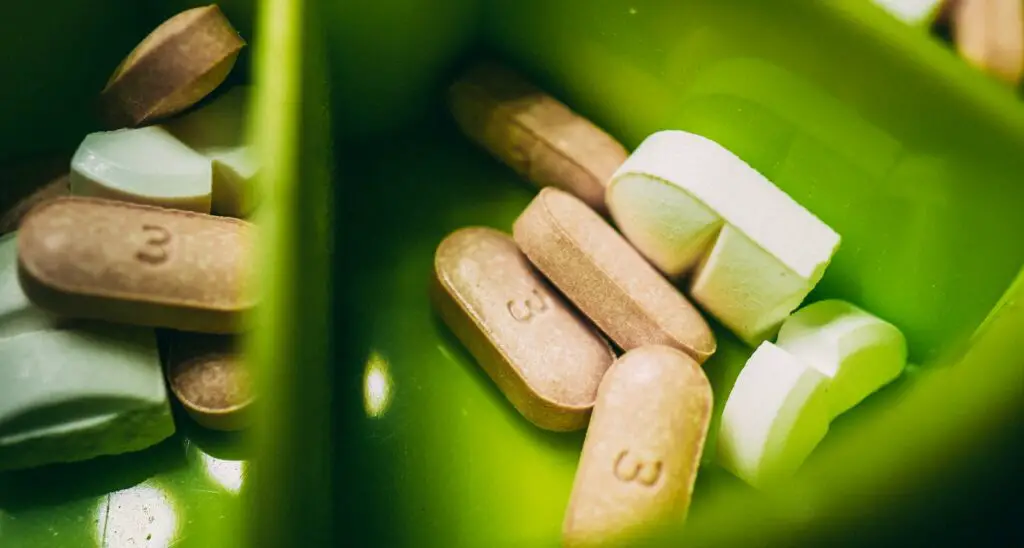
A meat-free diet can offer all crucial amino acids
Many pet owners are convinced that only meat-based products can provide an adequate amount of protein. However, this is not the case at all! In fact, meat is a very common food allergen for dogs, and its consumption can even have an adverse effect on sensitive puppies. On the other hand, pet food made with insect or plant protein can be an excellent healthy and sustainable alternative to conventional kibble.
Can dogs survive without meat?
Yes, they can. Dogs are omnivores, which means that they can survive on a variety of foods. Our canine pets developed this trait as they evolved throughout many centuries of domestication. Therefore, dogs do not need meat to function normally. They just need healthy, well-balanced, and sustainable pet food, such as Gopetcan.
FAQ
What roles do amino acids play?
While amino acids are most commonly known for being the building blocks of proteins, they also have unique functions. For instance, lysine plays an essential role in collagen formation; leucine stimulates wound healing and helps make growth hormones, while histidine contributes to hemoglobin synthesis.
Are vegan dogs healthier?
There is no scientific evidence of the correlation between a vegan diet and improved pet health. However, choosing a vegan or insect-based diet for your dog can help minimize the pet’s negative impact on the environment.
What amino acids are lacking in a vegan diet?
Plant-based diets often do not provide enough lysine, threonine, methionine, tryptophan, and isoleucine.
Is taurine an essential amino acid for dogs?
Taurine is not a required amino acid for dogs. However, some breeds of dogs are unable to produce it on their own.
Is plant or insect protein suitable for dogs?
Yes, plants and dry insects are quite rich in protein and other nutrients. They are also hypoallergenic, unlike other protein sources, such as meat, soy, and dairy.
Do vets approve of a vegan diet?
The topic of vegan food for dogs is quite polarizing. Some vets would be firmly against a vegan diet for your dog, while many open-minded vegetarian vets would encourage your pet friend to become vegan.

